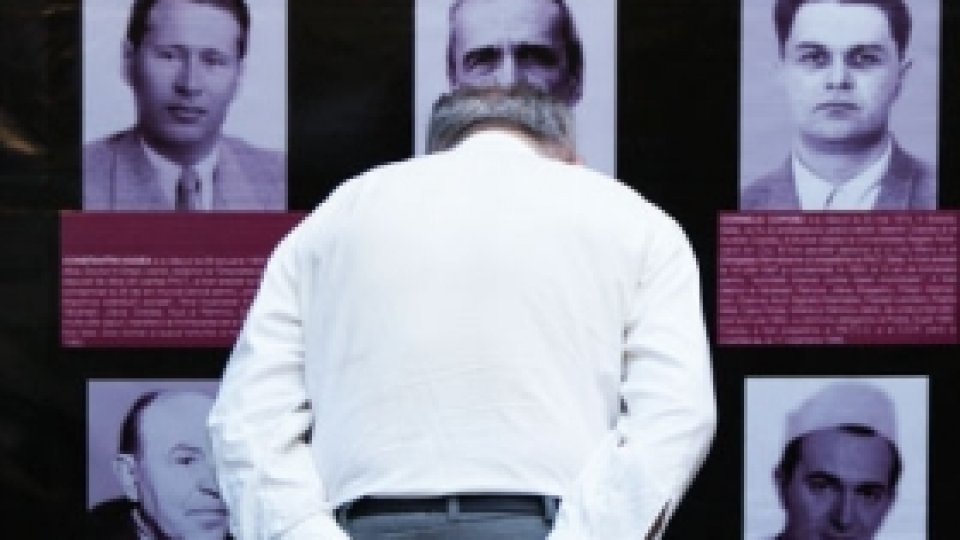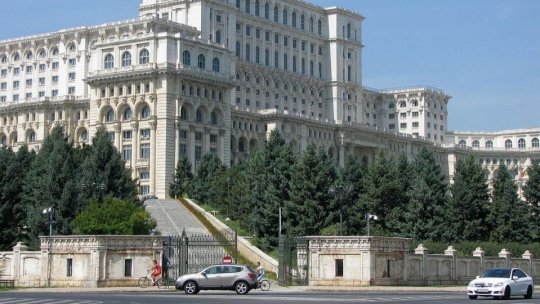Ghosts of the Communist Past
Almost 25 years after the demise of communism in Romania, new evidence begins to surface with respect to Communist-era torturers.

Articol de Radio România Internaţional, 22 Septembrie 2013, 21:48
“I swear an oath to the party that raised and educated me to relentlessly and mercilessly fight and strike the enemies of our hard-working people”.
Such was the written commitment signed by Ion Ficior, now aged 85, the former head of the notorious death camp in Periprava, an isolated spot in the Danube Delta. Ficior led the compound in the 1945-1989 period and now faces charges of genocide brought by the Institute for the Investigation of Communist Crimes and the Memory of the Romanian Exile (IICCMER), which has taken the matter to court.
According to the investigation carried out by the Institute, between 1958 and 1963 Ion Ficor introduced and coordinated a repressive, abusive, cruel and arbitrary detention system targeting political inmates at Periprava camp.
The methods employed would vary, from depriving prisoners of food and medication to tortures that today may seem hard to conceive. According to estimates, as much as 103 “counter-revolutionaries”, as the opponents of the communist regime were known at the time, were subjected to harsh treatment.
Ion Ficior is the second name on a list of 35 communist-era torturers that the Institute has chosen to make public. Further revelations show that torturers were even rewarded with substantial pensions after the demise of communism. These pensions would go as high as 1,200 euros, tantamount to what an acting minister earns today.
Aware of the absurdity of the situation, the Government in Bucharest is now belatedly trying to impose a law forcing former torturers to compensate their own victims. Romania officially condemned the communist rule and all its related atrocities in 2006, 17 years after the anti-communist revolution of 1989.
However, during all this time no victim of the inhumane treatment ever received financial compensation from the state. What’s more, the official condemnation of communism in Romania brought about no reparative laws, such as a Lustration Law, aimed at restraining or even preventing communist-era torturers from holding public office in Romania.
Such a law was never adopted, while those responsible for the bloody events of 1989 that led to the demise of communism were never brought to justice. It is a sad reality therefore that 23 years on, Romania, now a member of the European Union and NATO, is still haunted by its communist past.













